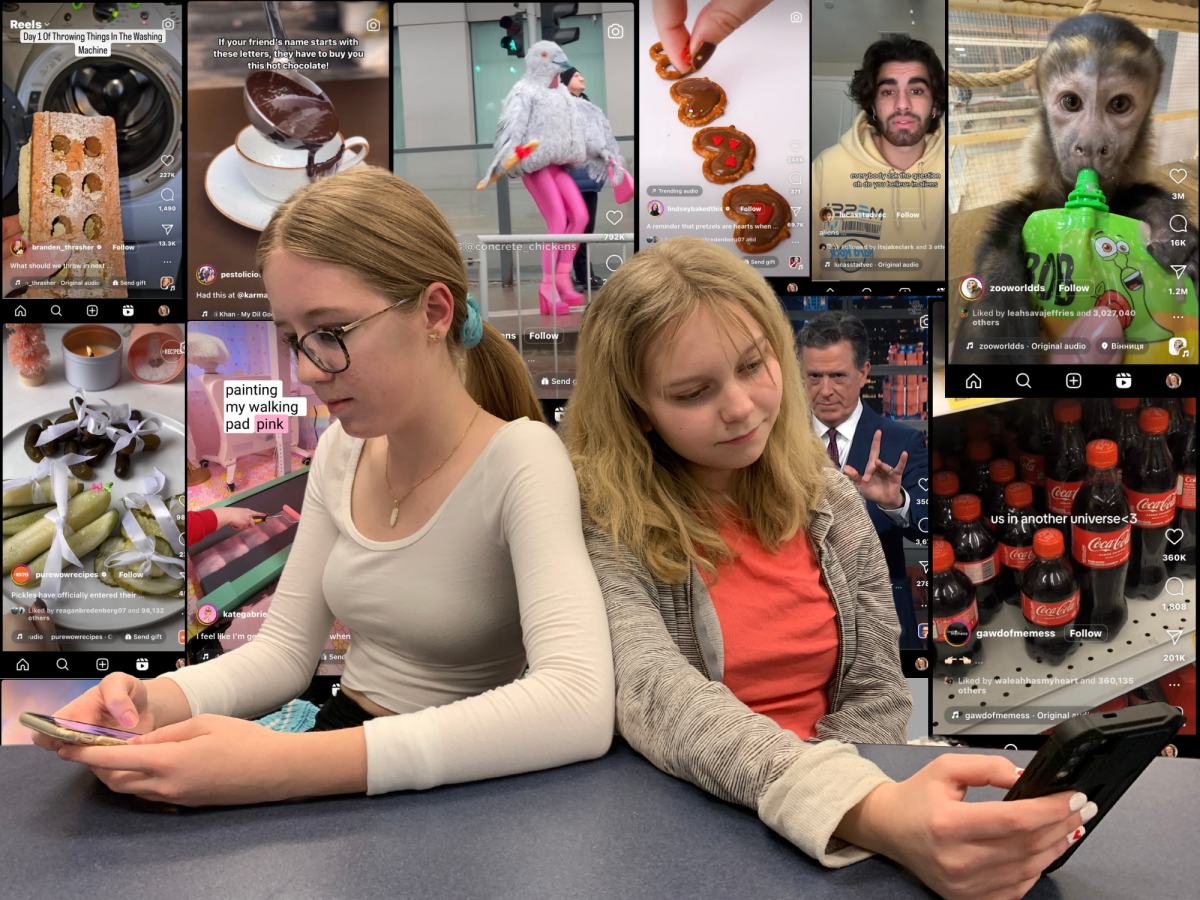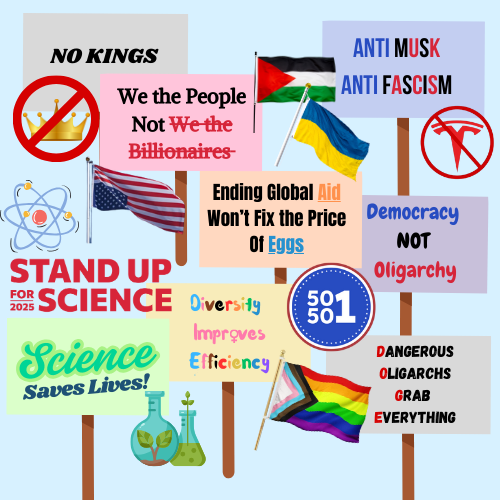I bet that you can’t read this entire article. I can say with complete confidence that you’ll skim it, and then forget about it. Why can I say this with such confidence? What gives me the right to tell you what I think you’ll do? Well, it’s the fact that I would do the same.
But why would I do the same? Why would I skim over this and forget it? Why?
Well, It’s because about a million other things are being put in front of me. The world that surrounds me, surrounds us, is full of constant stimulation. This constant stimulation comes from the hundreds of new TV shows and movies being released, and the millions of 30 second videos that are accessible on a single app. We are shown everything all at once, but that everything is nothing. You probably don’t even remember what you saw 10 seconds before the last video. I know that I don’t. Nothing leaves a mark anymore. Everything is meaningless, but so powerful at the same time.
How can this be? How can the world around us be full of meaningless things that are so incredibly powerful at the same time? Everything is at our fingertips, and this can be a great thing. People are connected through the crazy and overwhelming environment that is the internet.
People, specifically teenagers, find a safe haven in this constant stimulation.
But, the influx of information becomes mind numbing.
I, myself, will get lost on Instagram Reels, scrolling for an hour, when I had only planned on checking my notifications. I feel that I can’t turn it off, because I need to know what the next video is going to be. I need to know all the information, I need my brain to be stimulated, and with reels, my brain is never not stimulated.
Why is that? Why do I need this constant influx of information?
Well, science says that it is due to dopamine and variable-ratio reinforcement. Variable-ratio reinforcement is when a habit or game has a sense of unpredictability. This unpredictable nature leads you to want to continue, it makes you wonder what you’ll see next. With social media, the variable-ratio reinforcement is even further fortified by a burst of dopamine in your brain, making it nearly impossible to stop scrolling. (For more on variable-ratio reinforcement click here.)
[aesop_content color=”#ffffff” background=”#333333″ component_width=”50%” columns=”1″ position=”none” imgrepeat=”no-repeat” disable_bgshading=”off” floaterposition=”left” floaterdirection=”up” revealfx=”off” overlay_revealfx=”off” aesop-generator-content=”How to avoid falling victim to constant stimulation: 1. Practice mindfulness; practicing mindfulness can help train your brain to focus on the present moment. 2. Take breaks; taking breaks from social media, TV and other stimulating sources can help to break the cycle of swiping and give your brain a well needed break from the internet. 3. Sleep; Have a consistent sleep schedule, sleep improves your mentality and ability to focus. 4. Set limits; set screen time limits on the apps you find yourself constantly on, in order to help you take a break.
“]How to avoid falling victim to constant stimulation:
1. Practice mindfulness; practicing mindfulness can help train your brain to focus on the present moment.
2. Take breaks; taking breaks from social media, TV and other stimulating sources can help to break the cycle of swiping and give your brain a well needed break from the internet.
3. Sleep; Have a consistent sleep schedule, sleep improves your mentality and ability to focus.
4. Set limits; set screen time limits on the apps you find yourself constantly on, in order to help you take a break.
[/aesop_content]
This constant stimulation doesn’t only come from social media, but also from television and music.
With television, streaming services have thousands of available series, these series have episodes ranging from 20-40 minutes, give or take, some have 20 episodes a season others 8. The varying lengths of these different shows allows viewers to find one that fits their schedule and interests.
However, with 150+ streaming services that each have 800+ series, it becomes increasingly overwhelming to choose what to watch. All of these choices flash in front of you, and a lot of them look interesting, so you pick one, then another, and another, then another, and that initial show you watched fades into the background, and is forgotten.
These shows are fun and stimulating, but the sheer amount there are, and the constant flow of new shows, can be overwhelming. The thousands of choices can lead to choice paralysis. Choice paralysis occurs when someone is presented with an overwhelming amount of options, and where some believe lots of choices are good, they can actually be harmful to self-confidence, be more draining and can even lead to putting off making a decision.
The constant stimulation that we experience from television and social media can be so overwhelming that it overloads our brains, and sends us into choice paralysis, making us question our own self judgment. (For more information on choice paralysis click here.)
The world we live in is full of overwhelming and constant stimulation. This stimulation has its ups and downs, it leads to a more connected and united world, but this connectivity and ability to have the world at the tips of our fingers, can be dangerous. It can cause screen addictions and loss of the ability to pay attention.
As I wrote this article I struggled. I struggled writing it, I struggled doing research for it, I struggled focusing on it. I would get easily distracted by the conversations around me, by the group chats on my phone, by my social media and the series I was watching.
At the beginning of this article I bet that you wouldn’t read it, I bet that you would skim through it and forget it. I even agreed with you, I said that I would do the same. Even after writing this, after doing all this research, I would probably still only glance over this article, and that’s the problem with the world around us. We know that the constant stimulation causes problems, we know that we are addicted to screens, but we ignore it. We let the nothingness on our screens control our lives. Letting that nothingness control our lives makes it everything. And as said before, everything, the constant stimulation, the information overload we experience day to day, night to night, is everything and nothing all at once.














